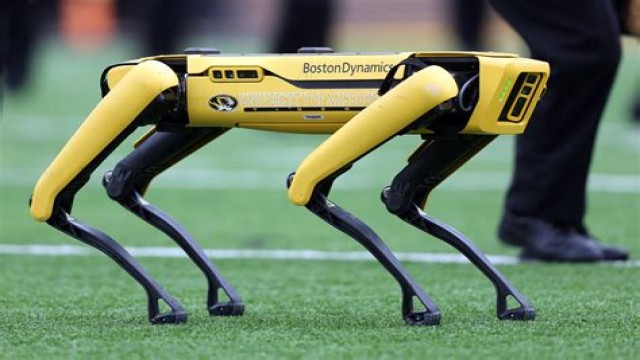The Tokyo Electric Power Company (Tepco) has postponed the trial removal of radioactive debris from one of the damaged reactors at the Fukushima Daiichi nuclear power plant due to a technical issue. This operation, which was intended to retrieve a small sample of the estimated 880 tons of radioactive debris inside the reactors, was halted after preliminary steps were carried out on Thursday morning.
Tepco had planned for the trial removal to be a crucial step in understanding the condition of the reactors and their hazardous contents, which would aid in the decommissioning of the plant. However, the work was suspended to allow for an investigation into the cause of the technical problem. According to Tepco spokesperson Tatsuya Matoba, it is uncertain when the trial will resume, as it depends on the depth of the investigation. He indicated that while there is a possibility the work could restart on Saturday, it is unusual for such operations to begin over the weekend.
The challenge of removing the radioactive debris, which consists of fuel and other materials that melted and solidified after the 2011 tsunami-induced meltdown, is considered one of the most difficult tasks in the decades-long decommissioning process. The debris has extremely high radiation levels, necessitating the use of specialized robots, including mini-drones and a "snake-shaped robot," which were deployed earlier this year in preparation for the removal.
The trial removal is part of Japan's broader efforts to manage the aftermath of the Fukushima disaster, including the controversial release of treated wastewater from the plant into the Pacific Ocean. This move has led to diplomatic tensions with China and Russia, both of which have banned Japanese seafood imports despite assurances from Tokyo and the UN atomic agency that the discharge is safe.





























Comment: